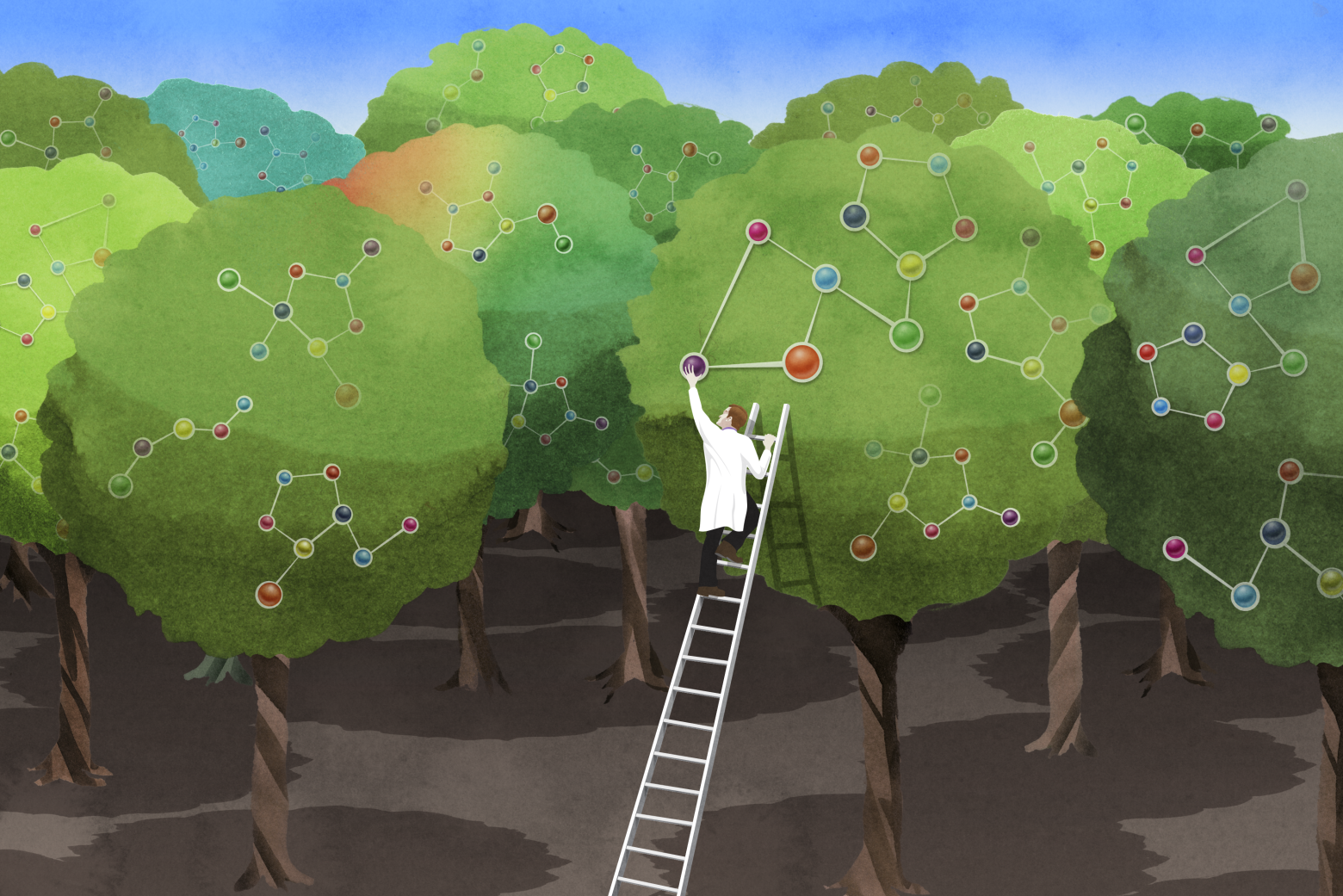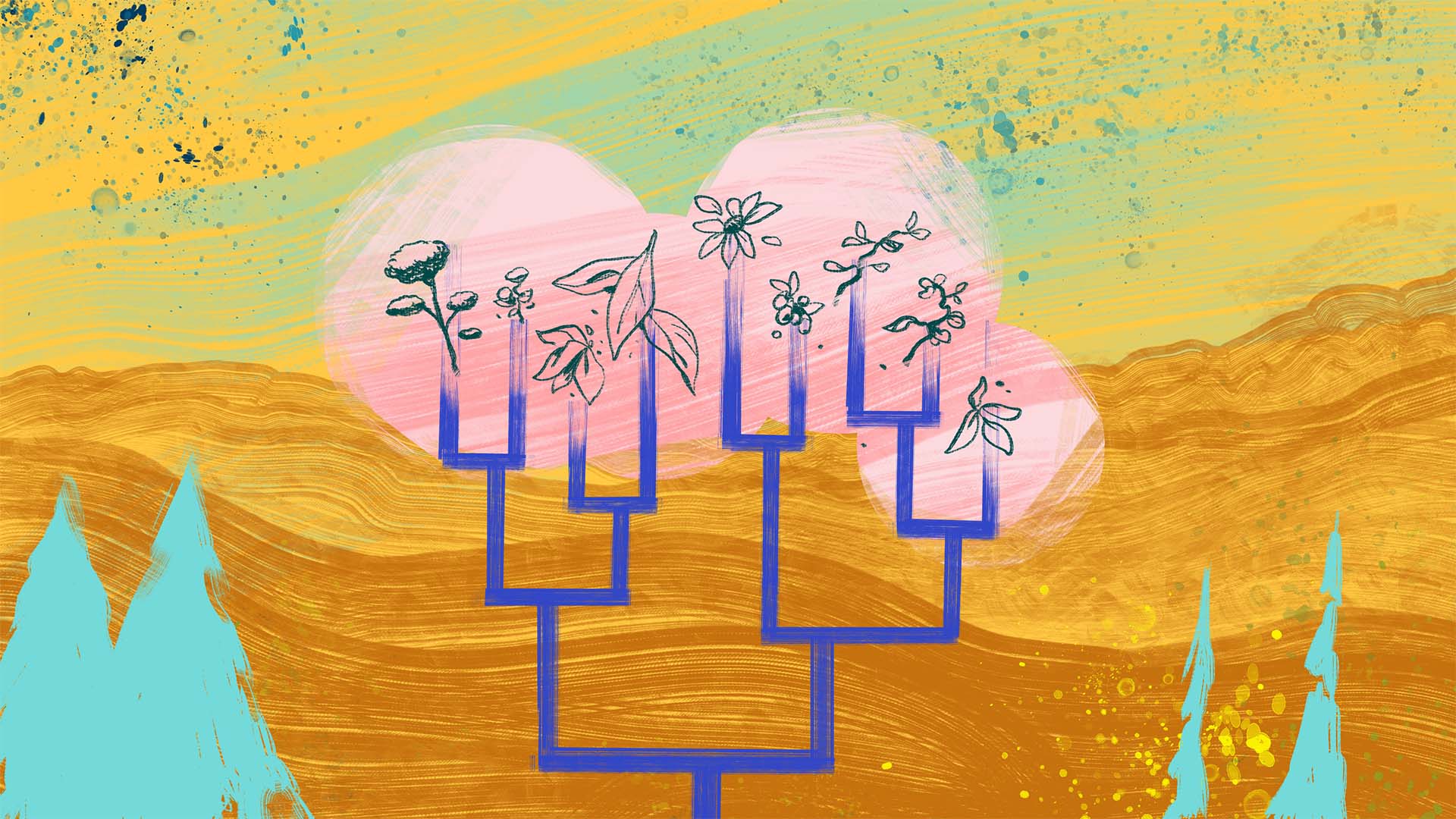The challenges presented by climate change are wide-ranging — and so must be science’s response. In this Director’s Dialogue, which took place on May 4, 2021, three Whitehead Institute scientists, Jing-Ke Weng, Mary Gehring and Jonathan Weissman, speak with Institute Director Ruth Lehmann about exciting opportunities for leveraging fundamental biological research to create biotechnologies that address some of climate change’s vexing effects.
They discuss plant biology research aiming to combat food insecurity by creating heartier and more diverse feed crops, new research approaches that enable scientists to sustainably synthesize therapeutic compounds from plants, and to pinpoint (and replicate) the genetic drivers of certain plants’ ability to thrive in difficult climates, and an exciting new strategy for carbon-sequestration.









